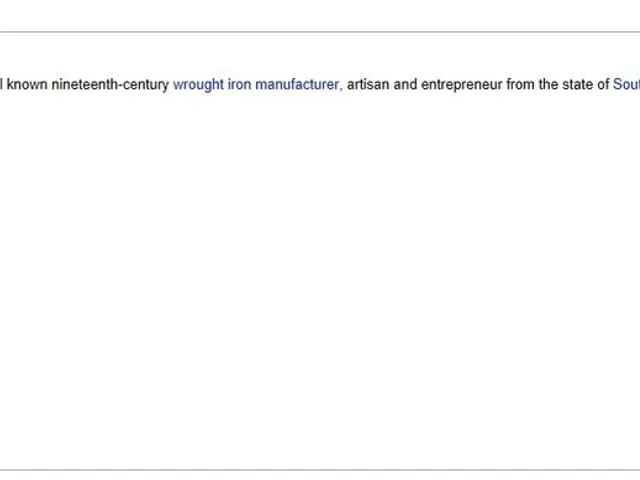Paying Tribute to Thomas Mann: A Reminder of Democracy's Enduring Power
Steinmeier pays tribute to Thomas Mann on his 150th anniversary - Commemorates Thomas Mann's 150th birthday; Steinmeier pays tribute.
Federal President Frank-Walter Steinmeier held a celebratory event in honor of renowned literary figure, Thomas Mann, on the occasion of his 150th birthday. The event, hosted by the historic city of Lübeck, saw Steinmeier emphasizing Mann's devotion to democracy.
Steinmeier's speech was inspired by Mann's powerful words from 1938, where he addressed democracy's precarious state, under attack both internally and externally. According to Steinmeier, Mann's message today remains unwavering: "To defend democracy, people must participate and safeguard it."
Pondering the contemporary landscape, Steinmeier questioned if Mann could have foreseen today's America. He pointed to the potential threats towards art, science, and universities—once considered the pride of a free nation that had offered Mann refuge—which now appear to be under attack like never before.
Reflecting on Mann's masterpieces, such as "The Magic Mountain" and "Buddenbrooks," Steinmeier highlighted their profound symbolism. The former could be viewed as a farewell to the old Europe, symbolized by a sanatorium, while the latter underscored Mann's connection to his own family and hometown, Lübeck. In closing, Steinmeier labeled Mann as a "must-read."
Thomas Mann
As a literature Nobel Prize laureate, Thomas Mann's perspective on democracy was complex and thought-provoking. Early in his career, he defended German authoritarianism, espousing such views in Reflections of a Nonpolitical Man. However, the destruction of World War I and the emergence of the Weimar Republic prompted a transformative shift in Mann's political beliefs. He became a firm democratic advocate, championing democratic principles for the remainder of his life.
Thomas Mann's democratic advocacy transcended mere procedural support. He emphasized the importance of democracy touching its citizens' hearts and minds, challenging it to become as emotionally compelling as feudalism or religious authority once had. In the current American landscape, where democracy sometimes struggles to offer a unifying narrative amidst polarization and cultural fragmentation, this idea remains highly pertinent.
Moreover, Mann recognized the subversive nature of authoritarianism, understanding its ability to exploit the "politics of meaning" to tempt citizens away from democracy. Steinmeier's tribute in Lübeck's St. Aegidien Church underscored Mann's staunch courage, as he confronted the rise of fascism and supported social democracy, even during his exile from Germany and his subsequent battles with McCarthyism in the United States.
Franklin-Walter Steinmeier
Steinmeier's tribute of Mann can be seen as a reminder of the need for democracy to transcend being just a governing system. It must provide a captivating vision that resonates with society, striking a chord with citizens on an emotional and symbolic level. This challenge is particularly relevant to modern democracies, including America, in their quest to remain inspiring and unifying amidst divisions and fragmentation.
- As Franklin-Walter Steinmeier paid tribute to Thomas Mann, he emphasized the importance of community policies that promote participation and safeguard democracy, likening it to the role books play in enlightening minds and fostering cultural understanding among different societies.
- In the wake of Thomas Mann's advocacy for a more emotionally compelling democracy, Steinmeier questioned whether Mann would be surprised by the current state of contemporary entertainment industries, where the principles of democracy often seem to take a backseat to celebrity and commercial success, despite the powerful messages that books and art once provided.








